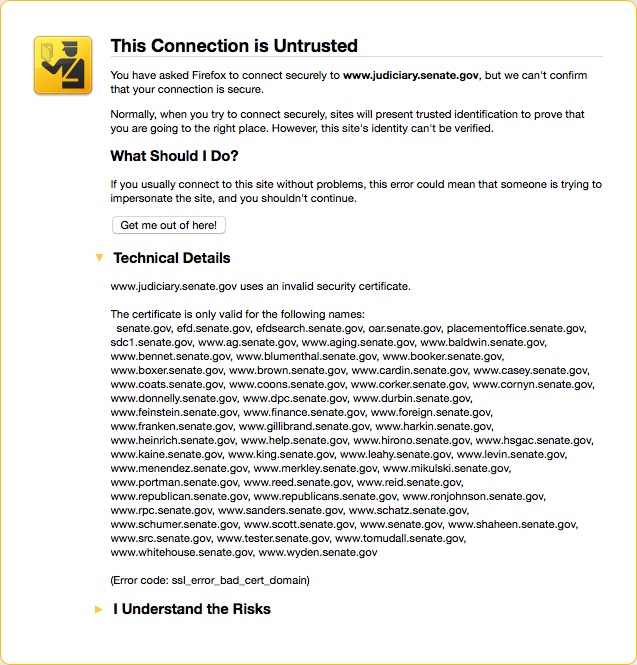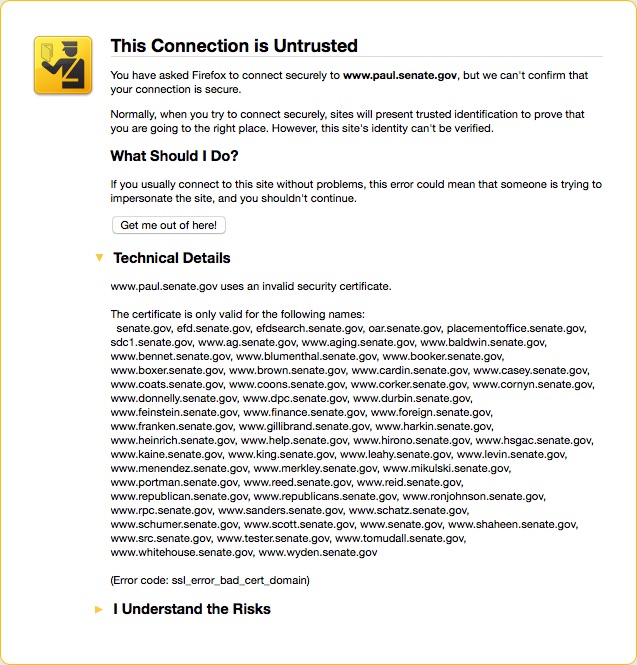The imaginary lines on our maps are the subject of frequent debate. It’s not surprising to see statists argument about immigration policy since they believe those imaginary lines are very real and very important. What’s surprising to me is that various branches of anarchism argue about them as well.
Yesterday the Muh Borders Facebook page linked to an article by Hans-Hermann Hoppe posted by Lew Rockwell. Hoppe’s article argues against open border policies that are supported by, what he refers to as, left-libertarians. It’s true that I consider myself a dirty leftist but I came from what most people would consider right-libertarianism. Right-libertarianism believes in the Lockean principle of homesteading. That is to say initial property rights are established when one mixes their labor with unowned resources. From there property rights can be transferred through trade. Herein lies my quarrel with Hoppe’s article. In it he argues:
But on what grounds should there be a right to un-restricted, “free” immigration? No one has a right to move to a place already occupied by someone else, unless he has been invited by the present occupant. And if all places are already occupied, all migration is migration by invitation only. A right to “free” immigration exists only for virgin country, for the open frontier.
[…]
The second possible way out is to claim that all so-called public property – the property controlled by local, regional or central government – is akin to open frontier, with free and unrestricted access. Yet this is certainly erroneous. From the fact that government property is illegitimate because it is based on prior expropriations, it does not follow that it is un-owned and free-for-all. It has been funded through local, regional, national or federal tax payments, and it is the payers of these taxes, then, and no one else, who are the legitimate owners of all public property. They cannot exercise their right – that right has been arrogated by the State – but they are the legitimate owners.
On the surface this makes sense. Goods obtained with stolen wealth rightfully belong to those who the wealth was stolen from. But this raises a question, what exactly can be claimed to be owned by the state? Is it everything within the imaginary lines it has drawn on our maps? If that’s the case the principle of homesteading seems to be absent in Hoppe’s argument. Much of the land claimed by the United States government, for example, hasn’t been homesteaded, the state hasn’t mixed any labor with it. It just sits untouched.
If we were to divest the property of the United States to the people whose wealth has been stolen would we also include that untouched land? If so, why? Do states enjoy a special type of property right that allows it to just declare something its own in lieu of homesteading? If not, why is the land not open for homesteading and therefore why are open borders at odds with right-libertarianism?
Hoppe expands his argument further by asking a hypothetical question:
First off: What would immigration policies be like if the State would, as it is supposed to do, act as a trustee of the taxpayer-owners’ public property? What about immigration if the State acted like the manager of the community property jointly owned and funded by the members of a housing association or gated community?
At least in principle the answer is clear. A trustee’s guideline regarding immigration would be the “full cost” principle. That is, the immigrant or his inviting resident should pay the full cost of the immigrant’s use made of all public goods or facilities during his presence. The cost of the community property funded by resident taxpayers should not rise or its quality fall on account of the presence of immigrants. On the contrary, if possible the presence of an immigrant should yield the resident-owners a profit, either in the form of lower taxes or community-fees or a higher quality of community property (and hence all-around higher property values).
Again, this argument seems to make sense on the surface. Immigrants or the residents who invited them are expected to pay the full cost of the immigrants’ use of public goods and facilities. But it again fails to address land that hasn’t been homesteaded by either the state of its tax victims. If an immigrant decides to homestead a piece of land in the Nevada desert that hasn’t already been homesteaded the tax victims face no costs. The only way the trustee model justifies state enforced immigration controls is if it is exempted from the homesteading principle.
When I brought this up to some of my friends one of them had an interesting interpretation of what Hoppe wrote. He thought Hoppe implied that the state was only able to hold the territory it claimed by extorting wealth from the populace and therefore, under Hoppe’s argument, all of the territory should be divested amongst the tax victims. Even using this interpretation I find that the homesteading principle would have to be ignored.
It’s true that the state is only able to hold the territory it claims because it used some of the wealth it stole to create a military that can kill anybody who doesn’t acknowledge its claim. But I don’t believe that satisfies the homesteading principle because the state still didn’t mix any labor with the land.
Imagine if the United States claimed sole ownership over the moon and threatened war against any other nation that landed on it. It’s ability to make such a threat would certainly be made possible by its sizable military. However the stolen wealth was invested in creating the military, not homesteading the moon. Therefore this interpretation would be an argument for divesting military assets amongst the tax victims but not the moon itself. The same applies to the territory within the state’s borders that hasn’t been homesteaded.
At the start of the article Hoppe claims that left-libertarianism “serve as Viagra to the State.” I would argue that, if anything, his argument against open borders serves as Viagra to the state. His argument requires granting the state a special privilege to claim land without homesteading it. Right-libertarianism’s core argument against the state is that it enjoys a special privilege to legally initiate force. One of the ways it exercises that privilege is by enforcing its claims to land and resources it hasn’t homesteaded. By granting the state a special privilege you put it a step up on the hierarchy than everybody else and that is what allows it to maintain its power.

